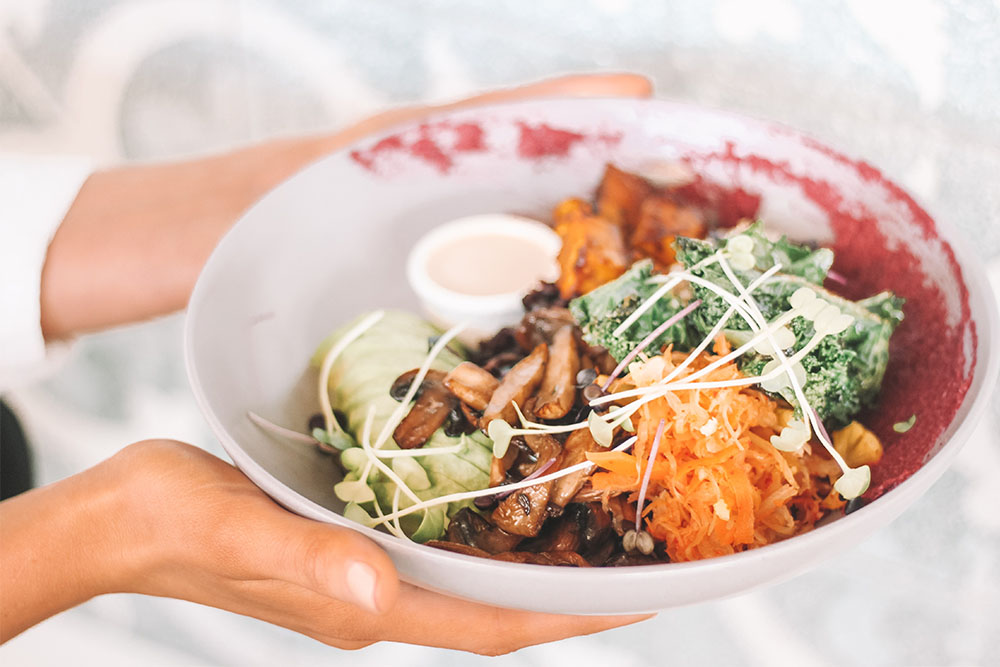Pump Up Your Performance With Beet Root Juice!

Dayton Kelly
This article was adapted from a combination of speeches given at the European Sports Science Conference 2017, most notably Annie Vanhatalo PhD (University of Exeter, UK).
Beet root juice is currently in the heat of the research limelight due to its potent concentration of a compound called nitrate. Nitrate is a compound found normally in the body and has been promoted as a supplement due to its potential to improve a variety of performance outcomes, especially sprint and endurance activities. It is suggested elicit such benefits in the body by becoming nitric oxide through a naturally occurring process.
Nitric oxide is a known stimulator of red blood cell production, capillary production, Mitochondrial biogenesis (production of energy producing structure of cells), muscle contractility and glucose uptake (storing fuel). With such roles, it is easy to see why manipulation of this substance in the body has ergonomic properties. Specifically, supplementation of nitrate has been shown reduce oxygen consumption at submaximal exercise intensity and preserve glycogen stores; essentially it appears our body has to use less energy at a given intensity of exercise when nitrate is consumed.
Performance:
 This physiological change has repeatedly demonstrated performance enhancement in application. Beet juice supplementation has shown improvements in time trial, time to exhaustion, and intermittent sprint exercise tasks. Improvements, however seem to disproportionately assist in shorter aerobic activities (~2000m) though benefits over longer duration (~10 000m) have been shown. Interestingly, it is the beginning of longer distance activities that seem to display improvement as compared to the later half. This suggests the affects may essentially wear off over the course of longer exercise bouts.
This physiological change has repeatedly demonstrated performance enhancement in application. Beet juice supplementation has shown improvements in time trial, time to exhaustion, and intermittent sprint exercise tasks. Improvements, however seem to disproportionately assist in shorter aerobic activities (~2000m) though benefits over longer duration (~10 000m) have been shown. Interestingly, it is the beginning of longer distance activities that seem to display improvement as compared to the later half. This suggests the affects may essentially wear off over the course of longer exercise bouts.
Related Article: Gene-base Nutrition: Can It Benefit You?
In accordance with this, nitrate supplementation over the course of exercise has been shown to introduce benefits after its ingestion part way through an exercise task (the evidence for this is shaky, but this is largely due to the fact that so little research has been done). As well, improvements seem to be greater for nonelite athletes. More highly trained athletes display more spotty results with benefits depending on the individual (this difference has been attributed to already higher levels of serum nitric oxide present in this demographic).
How to Supplement with Nitrate:
While this research is a major breakthrough in sports medicine, research into nitrate supplementation is not new. Efforts to increase blood nitrate through supplementation with nitrate precursors (substances that will become nitrate in the body) have found mixed results previously, but not to a point at which it could be widely prescribed. It appears that ingesting nitrate through natural sources – such as beet root juice – is superior to ingesting precursors or nitrate in synthetic powders or gels. This may be due to a secondary compound in these natural compounds that promote its absorption into the body. Other natural sources of nitrate include beet root, celery, lettuce, arugula, spinach (containing 40mmol/kg; the same as beet root juice). While more is not necessarily better, research suggest performance improvement is graded to nitrate elevation in the blood.
Related Article: Exercise Enjoyment May Affect Post-Workout Eating Habits
Researchers have found an optimal dosage of 6 mmol for performance improvements; this translates to 150 grams of beet root or beet root juice. While ingesting nitrate 2.5 hours prior to competition has shown performance benefits, much more efficacy is seen when beet root juice is supplemented with over a longer time frame (everyday for three or more days). Additionally, it appears that if nitrate is supplemented with over a longer time frame the performance benefits are maintained even if no supplement is consumed within 24 hours of competition (a pertinent result for weight class athletes). Beet root juice has also shown better performance outcomes when combined with a high carbohydrate diet as compared to one high in fat. No effect of tolerance to nitrate has been shown, though the longest study conducted lasted only four weeks.
Bottom Line:
To see aerobic sprint and endurance benefits, consume 150 g of beet root juice daily starting 3-28 days before competition while maintaining a high carbohydrate diet.
CAUTION: As always, speak to your doctor before starting any new supplement.
You Might Like:















